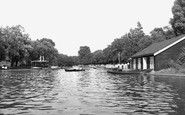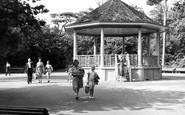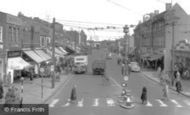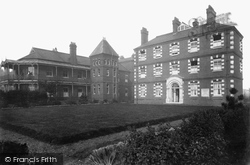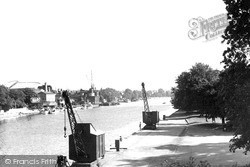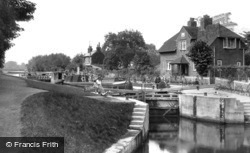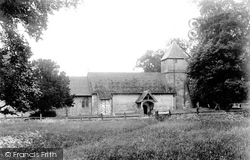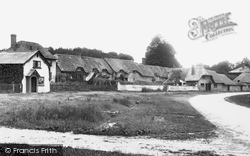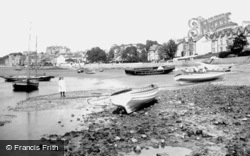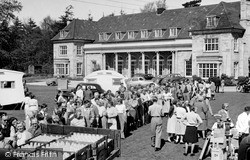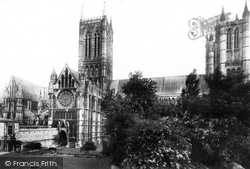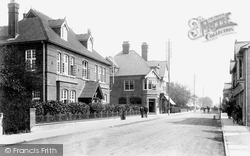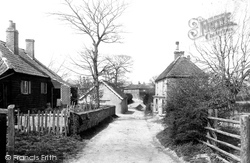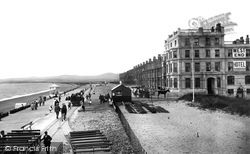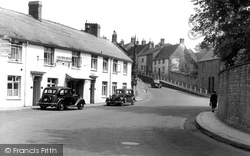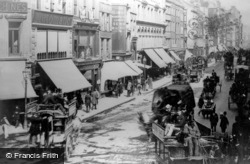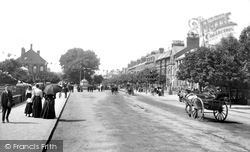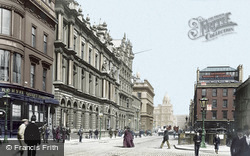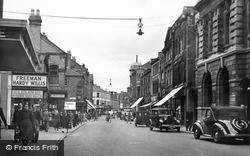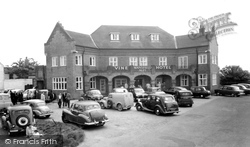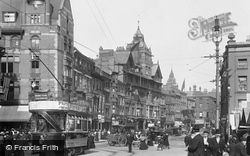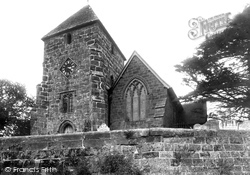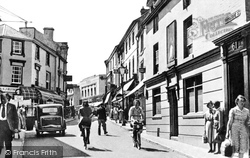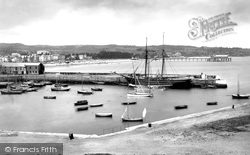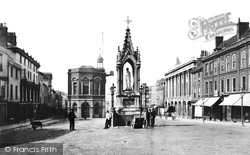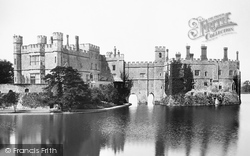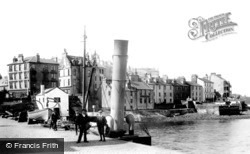Merry Christmas & Happy New Year!
Christmas Deliveries: If you placed an order on or before midday on Friday 19th December for Christmas delivery it was despatched before the Royal Mail or Parcel Force deadline and therefore should be received in time for Christmas. Orders placed after midday on Friday 19th December will be delivered in the New Year.
Please Note: Our offices and factory are now closed until Monday 5th January when we will be pleased to deal with any queries that have arisen during the holiday period.
During the holiday our Gift Cards may still be ordered for any last minute orders and will be sent automatically by email direct to your recipient - see here: Gift Cards
Places
11 places found.
Those places high-lighted have photos. All locations may have maps, books and memories.
Photos
54 photos found. Showing results 861 to 54.
Maps
494 maps found.
Books
25 books found. Showing results 1,033 to 1,056.
Memories
9,978 memories found. Showing results 431 to 440.
Barking Park
I remember Barking Park. It was the place to go in the 70's, meeting boys and being off school; stayed there till late. Such a beautiful park, even now.
A memory of Barking in 1970 by
Woodhorn Village
I lived in one of the cottages at Woodhorn, my dad worked on the farm. I remember a big windmill behind the houses. We had no indoor toilet, had to go cross the back lane, and no bathroom, had a tin tub, we had hot water from the ...Read more
A memory of Woodhorn in 1954 by
St. Catherines Church
I was at Mount Pleasant School as a boarder for 6 years from 1946 to 1952. The school was in Dalmeny Road but apparently was taken down in 1965. I have been trying to find anyone who attended this school. Before going to ...Read more
A memory of Southbourne in 1948 by
Somerton Staithe
This photo stirs memories of West Somerton, my 1940's and 1950's childhood home. We kids trying to fish with bamboo stakes, string and worms, sitting beside serious fishermen on these banks. Then there was the time the river ...Read more
A memory of Winterton-on-Sea in 1950 by
Childhood Memories We Never Forget
To anyone reading this; I was born Valerie Harding and lived in Wedges Mills and I remember so many things about my childhood in Cannock. The Maypole dancing at John Woods school, attending Church each Thursday ...Read more
A memory of Cannock in 1953 by
Lots Of Coal Dust
Born in 1942, my earliest memories of Thurnscoe was living at 25 Taylor street. When I was four we moved to 137 Thornley Crescent. I attended both Houghton Road Infants and Junior schools. One name sticks in my memory; Mrs Cook - ...Read more
A memory of Thurnscoe in 1942 by
Good Memories
I spent a few days in London for the Queens Diamond Jubilee last year. I decided to pay a visit to where I use to live in Welling. After reading some of the stories it certainly brought back memories. Like going to the Embassy on ...Read more
A memory of Welling in 1950 by
Living In Harold Hill
I lived in 71 Hailsham Road off of Straight Road till we sadly moved in the April of 1971. I always remember; the Grammar School, at the back of Appleby Drive we used to have Saturday fetes with the small steam train ride, ...Read more
A memory of Harold Hill in 1967 by
Eastern Electricity Board Apprentice Training School
I attended the 'boards' training school based at Harold Hill, along with 79 other apprentices during 1960/61... I shared lodgings at Collier Row for the first year of the apprentice training ...Read more
A memory of Harold Hill in 1960 by
Wimbledon Broadway
My parents moved to Wimbledon Broadway in the 1950's. They had a restaurant next door but one to the Gaumont cinema. Between us was a pub and then the restaurant we owned, it was called the Elite Restaurant, if it had any ...Read more
A memory of Wimbledon in 1950 by
Captions
2,019 captions found. Showing results 1,033 to 1,056.
The Romford Union Workhouse dates back to 1838. It was built in open country where food could be grown for the paupers who were obliged to work for their keep.
The few waterside industries of Kingston were based off the High Street with their wharves backing onto the Thames.
Back to the river and downstream of Reading, Sonning Lock itself has been entirely renewed but the cottages remain.
Prettily situated among trees and fields, the church of St Mary the Virgin is small but contains many treasures, including a silver chalice dating back to Elizabethan times, a 500-year-old font and
The workers were demanding a rise from 8s to 12s per week and although most of them got what they wanted, by 1846 the average weekly local wage was back to 8s.
Set where the old county of Westmorland reaches down to the sea, this bracing small seaside resort and ship-building port enjoys splendid views of the fells at its back.
North-east of Northampton, Overstone is a linear village dating back to the 18th century.
This view from an upper window across Eastgate shows the north side of the minster with the back wall of the cloisters on the left.
This view looks back along High Street. The two buildings either side of the turning into Albert Road have long gone, to be replaced by new offices.
A little back from the shore in the older part of the village, we see a rural-looking scene along a dusty, unmetalled road.
The popular 3 ft 6in gauge tramway ran for four miles along this dune-backed coast to Llanbedrog.
The Crown has changed little since this photograph was taken although the parking facilities have increased on the road at the front of the building.
Because of its prestigious reputation and close proximity to the Bank, city financiers clamoured to live here, and annual rents from a single house could reach the incredible sum of three hundred
Behind the pony trap on the right we can glimpse Hiley's Restaurant (now the Nat West Bank), noted for its shilling dinners.
Nearby are the National Bank, the Royal Exchange, the Stock Exchange, and the Athenaeum Club.
The old Northamptonshire Union Bank on the right of the picture is now the Nat West, though fortunately the facade remains intact.
There were two hotels in the village, the Vine in the village centre and the Grange along Sea Bank Road just behind the sand hills.
Though it seems we are looking back into an era long past, already the trams are electric-powered. However, the cabs and carts are still relying on horse-power.
Built of sandstone and dating back to Saxon times, although with a Norman nave and chancel, it still has a number of small pews for children installed in 1790 at the beginning of the Sunday School
The road is widening as we look back towards the High Street. Owen the pharmacist was at No 61 (right) until 1958, next door to the King David Inn, which was to close in 1973.
A number of people, on the beach by the bathing machines in the distant back ground, enjoy the mirror-calm water.
The county town of Kent stands on the banks of the River Medway. The oldest building, the Bishop's Palace, fronts the river beside the great medieval church of All Saints.
The county town of Kent stands on the banks of the River Medway. The oldest building, the Bishop's Palace, fronts the river beside the great medieval church of All Saints.
This view shows the backs of buildings along Kempock Street. Kempock Place is just in view on the extreme left of the picture.
Places (11)
Photos (54)
Memories (9978)
Books (25)
Maps (494)



